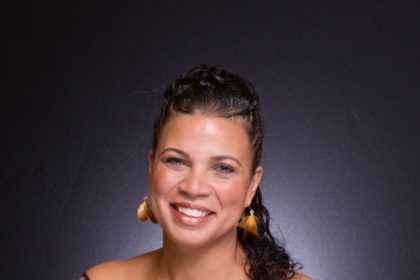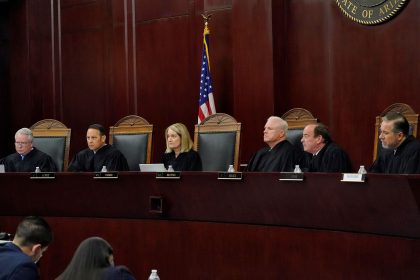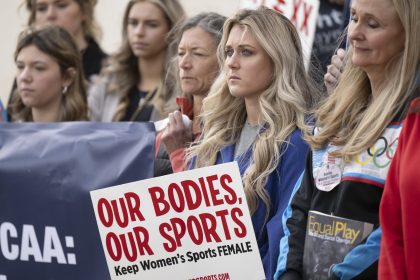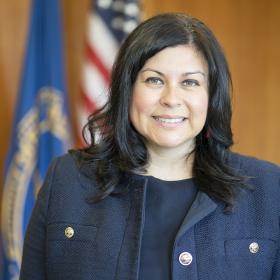Judge Suggests New Strategy to Revive Federal Abortion Rights
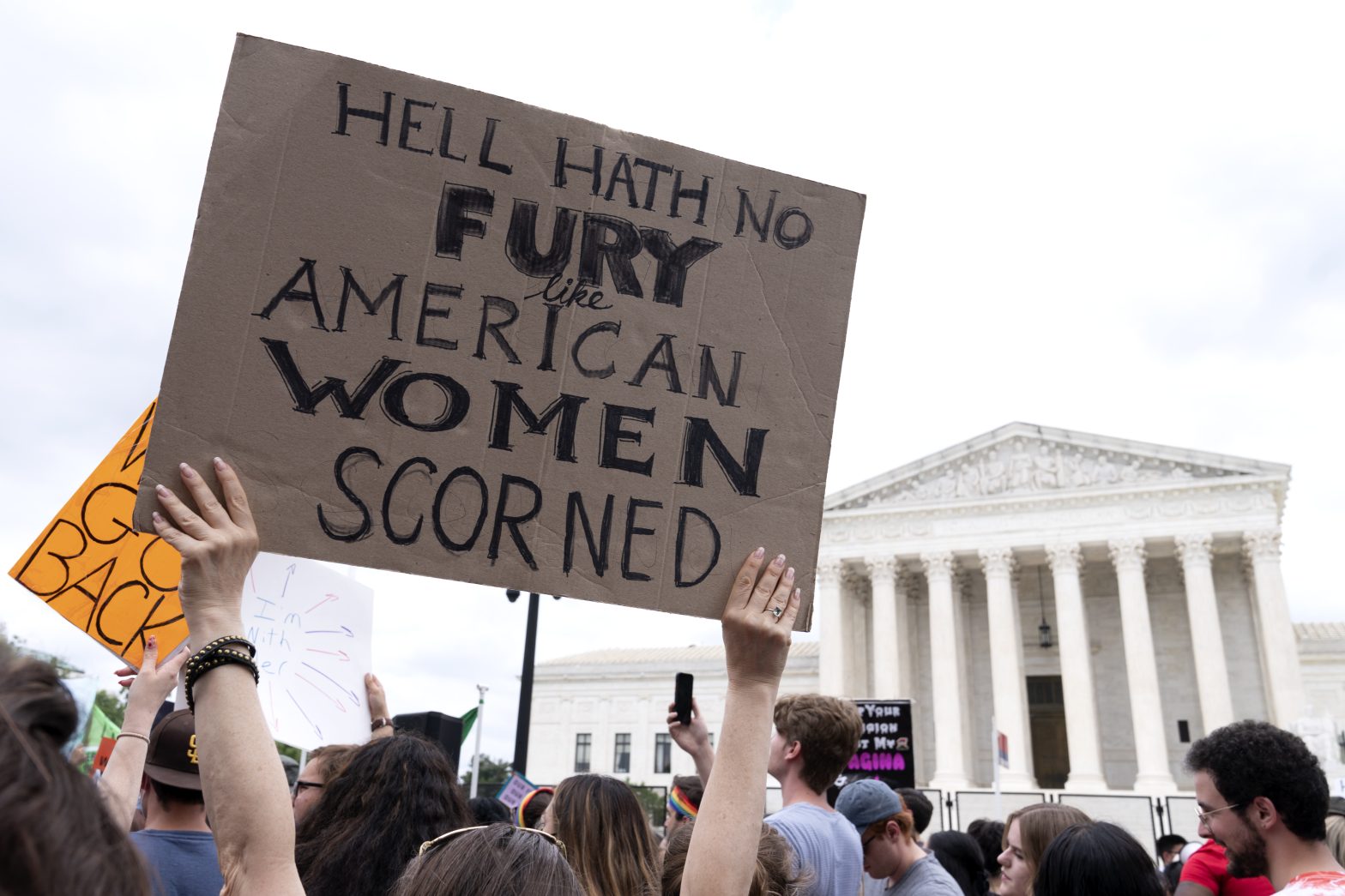
WASHINGTON — A judge in Washington, D.C., this week suggested a new legal strategy to revive a federal right to abortion.
U.S. District Court Judge Colleen Kollar-Kotelly said the 13th Amendment could be interpreted to mean women have a constitutional right to abortion. The 13th Amendment bans slavery and “involuntary servitude.”
Last year, the Supreme Court invoked the 14th Amendment to conclude the Constitution does not confer a right to abortion, thereby turning it over to each state to decide independently. Twenty-four states have instituted various degrees of bans on abortion since the ruling.
The 14th Amendment prohibits the government from depriving “any person of life, liberty, or property, without due process of law.”
Kollar-Kotelly said the Supreme Court limited itself to discussing the 14th Amendment because it was the only issue the parties to the Dobbs v. Jackson Women’s Health Organization mentioned in their court filings.
If they had presented different arguments, “it is entirely possible that the court might have held in Dobbs that some other provision of the Constitution provided a right to access reproductive services had that issue been raised,” Kollar-Kotelly wrote in a court order. “However, it was not raised.”
“Of those provisions that might contain some right to access to such services, the 13th Amendment has received substantial attention among scholars and, briefly, in one federal Court of Appeals decision,” she said.
The judge’s court order drew a harsh rebuke from the National Right to Life Committee, an anti-abortion advocacy group.
“To compare pregnancy to involuntary servitude is abominable; an insult to slaves or anyone whose ancestors were slaves,” Carol Tobias, president of the National Right to Life Committee, told The Well News. “Judge Kollar-Kotelly should be embarrassed for even trying to make that comparison.”
The judge’s order was part of a criminal case against anti-abortion activist Lauren Handy.
Handy was one of nine activists charged last March with civil rights crimes after they forced their way into a Washington, D.C., abortion clinic and blocked the doors. Handy gained entry after making an appointment under a fake name, according to police.
Handy is free on bond while awaiting trial on charges of conspiracy against rights and abortion clinic access obstruction.
Weeks after she was charged, police were called to her home near Capitol Hill on a tip about a biohazard. Inside, they found five fetuses.
Although Handy is not accused of harming the fetuses while they were alive and no additional charges were filed against her, the local community expressed outrage in media reports.
Handy’s attorneys later filed a motion to dismiss the civil rights charges against her. Kollar-Kotelly’s order this week responded to their court filing.
The judge declined to dismiss the charges. Instead, she ordered the attorneys to submit additional evidence by next month on whether any provisions of the Constitution “could confer a right to abortion.”
Her order appears to open the door for additional lawsuits over abortion rights.
One citation to authority in her order was a 1990 paper by a Northwestern University School of Law professor who wrote that abortion rights were implied by the 13th Amendment’s prohibition against involuntary servitude.
“When women are compelled to carry and bear children, they are subjected to ‘involuntary servitude’ in violation of that amendment,” says the paper written by Andrew Koppelman.
In addition, the U.S. Court of Appeals for the 10th Circuit in 1995 overruled a lower court judge who characterized a challenge to Utah’s abortion law as frivolous when it cited 13th Amendment rights.
“Without expressing a view on the merits of the involuntary servitude argument, we hold that it is not frivolous,” the appeals court’s ruling said.
You can reach us at[email protected]and follow us onFacebookandTwitter


















